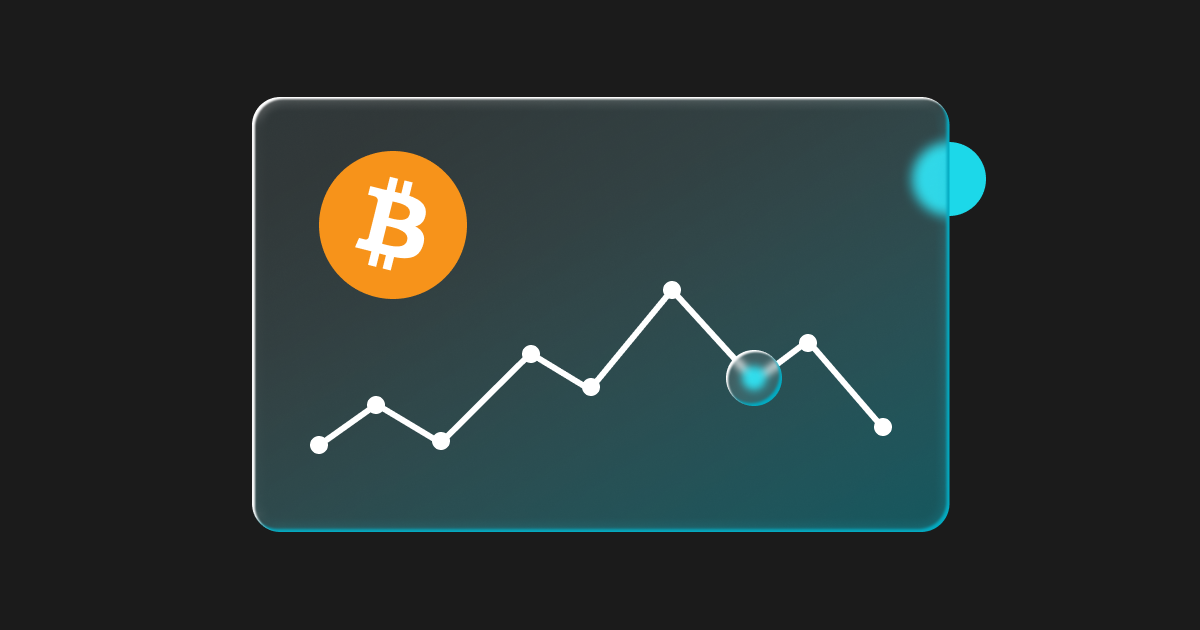Hacken and Radix Join Forces for More Secure Blockchain
- Hacken and Radix announce a strategic partnership for in-depth code audits.
- The collaboration aims to enhance the security and reliability of the Radix ecosystem.
- Security concerns are becoming more important in Web3 and DeFi.
In a significant stride towards fortifying the security landscape of Web3, Hacken has formalized its alliance with Radix . This collaboration aims to bring a more secure and reliable decentralized ecosystem.
Hacken Boosting Radix Through Comprehensive Audits
On Tuesday, October 10, blockchain auditing firm Hacken and Layer-1 smart contract chain Radix entered into a partnership. Their collaboration aims to boost the Radix ecosystem’s security through comprehensive audits.
According to Hacken, the company has delved deep into the Radix tech stack over the past six months. The company gained insights into its Scrypto programming language, execution environment, and consensus algorithm. They will now use this expertise to provide audit guidance for teams utilizing Scrypto or the broader Radix toolkit.
In particular, Hacken will collaborate with Radix to perform comprehensive code audits for projects built on the Radix platform. This means that Hacken will thoroughly examine and review the code of these projects to identify any vulnerabilities, flaws, or potential security risks. Their goal is to ensure the code is secure, reliable, and free from any issues malicious actors could exploit.
Piers Ridyard, the CEO of RDX Works, lauded the partnership, emphasizing Hacken’s rigorous audit process and technical prowess. Igor Bershadsky from Hacken reciprocated the sentiment, highlighting Radix’s potential to revolutionize the blockchain ecosystem for non-technical users.
The Significance of Code Audits in the Blockchain World
Blockchain audits play a pivotal role in the blockchain and cryptocurrency sectors. At its core, a blockchain is driven by its foundational code. Even minor discrepancies in this code can lead to potential vulnerabilities. Audits serve to identify and address these issues, ensuring the system’s robustness. Many blockchains facilitate financial transactions, often involving significant sums.
Without proper auditing, these platforms could become susceptible to security breaches, posing risks to user assets. As decentralized systems, blockchains are built on principles of transparency and immutability.
Regular audits are essential to validate these claims and maintain the system’s integrity. Blockchain audits provide a necessary layer of scrutiny, reinforcing the technology’s security and reliability for its users and the broader community.
On the Flipside
- While crypto audits are essential, they are not always enough to keep users safe from security issues or rug pulls.
- The rapid evolution of blockchain technology means that security concerns are paramount.
Read more about the latest Radix update:
Radix Babylon Upgrade Marks New Era for Web3 User and Developer Experience
Read more about the latest ETH price drop:
Ethereum Foundation’s $27M Swap Sends ETH Price Tumbling
Disclaimer: The content of this article solely reflects the author's opinion and does not represent the platform in any capacity. This article is not intended to serve as a reference for making investment decisions.
You may also like
If You’ve Held XRP from $0.006 to $3, Expect Prices Beyond Expectations: Expert Says
Could $1000 XRP Become a Reality? Understanding The Hidden Plan
Solana’s midnight patch job isn’t the sign of decentralization
Bitcoin returns to $98K as Fed holds rates steady despite Trump’s demand

